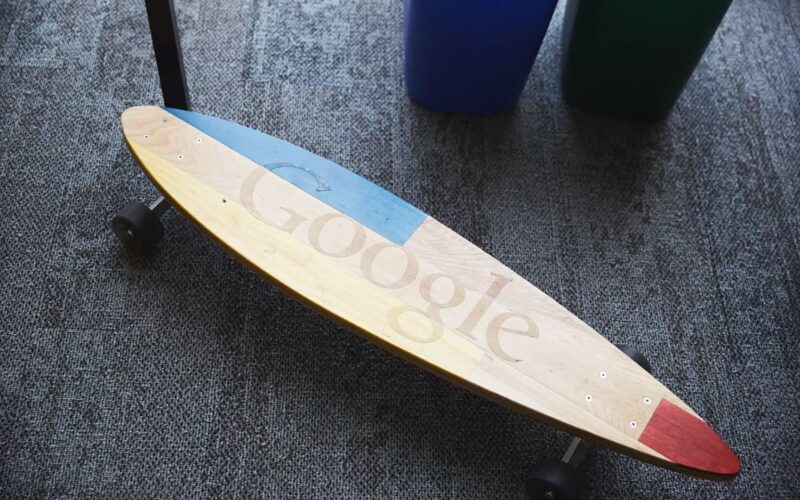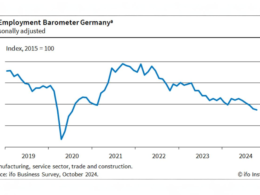Google has filed a complaint with the European Commission accusing Microsoft of engaging in anti-competitive practices to lock customers into its cloud platform, Azure. Google, whose main competitors in cloud computing are Microsoft and Amazon Web Services (AWS), alleged that Microsoft was leveraging its dominant Windows Server operating system to stifle competition.
Amit Zavery, Vice President of Google Cloud, stated that Microsoft charges customers up to 400% more to continue using Windows Server on competing cloud platforms, a fee not applied to those using Azure. Zavery also noted that users of rival cloud services receive delayed and more limited security updates compared to those on Microsoft’s platform.
Google referenced a 2023 report by cloud services organisation CISPE, which estimated that European businesses and public sector bodies are paying as much as €1 billion ($1.12 billion) annually due to Microsoft’s licensing penalties.
In July, Microsoft settled an antitrust complaint with CISPE regarding its cloud computing licensing practices for €20 million, avoiding a formal EU investigation. However, this settlement excluded major competitors like AWS, Google Cloud, and AliCloud, leading to criticism from AWS and Google.
Responding to the complaint, Microsoft said it had resolved similar concerns with European cloud providers and accused Google of attempting to prolong litigation. “Having failed to persuade European companies, we expect Google similarly will fail to persuade the European Commission,” a Microsoft spokesperson stated.
Google also claimed that Microsoft was forcing customers to use its collaboration tool, Teams, even when they preferred alternative options, and warned that Microsoft was employing similar tactics with Azure. Zavery emphasised the urgency of regulatory action, saying, “The time to act is now. The cloud market will become increasingly restrictive if nothing is done.”
Google urged the European Commission to intervene, stating that only regulatory measures could put an end to Microsoft’s “vendor lock” and create a level playing field for competitors. Zavery added, “We are asking the European Commission to act now. We’re asking them to really look at this issue, help customers decide and keep the choices going for them.”
According to Google, Microsoft’s Windows Server and other products hold more than 70% of the market share among European businesses. Microsoft, which had allowed its products to operate on any hardware for years, introduced restrictions in 2019 as it expanded into the cloud business.
With the European cloud computing sector growing by 20% annually, there is still significant untapped potential. An April McKinsey study revealed that two-thirds of EU companies currently have less than half of their workloads on the cloud.
















